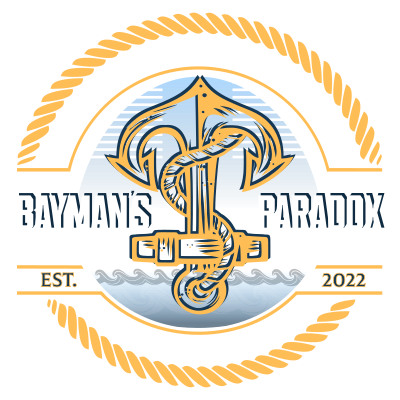The Consultant and the Keepers: When Opposition Becomes Optics
Part One: When a federal advisor poses for photos with local resistance leaders, it’s not just consultation—it’s containment.
A recent Facebook post from the Screaming Eagles – Keepers of the Land shows five women proudly standing beside Dr. Nick Mercer, the federal academic currently leading a so-called "community narrative" project on the Port au Port Peninsula. On the surface, it's a feel-good photo: smiling faces, red t-shirts, and a caption about water, food, and energy.
But what this image reveals—whether intentionally or not—is something far more consequential.
Dr. Mercer is not just another PhD with a clipboard. He is publicly affiliated with Newfoundland’s Net-Zero Advisory Body and has led community-facing research projects in the region funded by the Social Sciences and Humanities Research Council (SSHRC)—a federal agency aligned with the same ministries behind Canada's Net Zero transition.
While his public academic pages are limited, Mercer has appeared in multiple community forums as both a researcher and policy consultant engaging with energy and sustainability issues on the Port au Port Peninsula.
In other words, this is not grassroots engagement. It’s federal narrative harvesting dressed up as community consultation.
And now the optics are in.
By placing himself at the center—literally—of a photo-op with local women known for their public resistance to industrial wind development, Mercer has captured exactly what his sponsors need: proof of participation. It doesn’t matter if these women oppose the project or not. In the policy world, what matters is the appearance of dialogue. The appearance of trust. The appearance of consent.
This is how resistance is neutralized: not through confrontation, but through co-option.
These women, likely unaware of the long game at play, are now part of a public-facing image that can be used to say, “Look—we consulted with the community. We were welcomed. We were trusted.” That photo becomes currency, and in a data-driven, optics-obsessed world, it’s more valuable than their actual words.
This is not a critique of the women. This is a warning about the machinery behind the lens.
When state-aligned consultants embed themselves in regions under policy transition, their job is not just to observe but to shape narrative outcomes. When academics serve political agendas under the cover of social research, trust is not being built—it’s being mined.
On the Port au Port Peninsula, where opposition to Net Zero industrialization runs deep, moments like this are not trivial. They are tactical. They turn protest into pageantry and community into case study.
It plays directly into the optics-capture strategy outlined in the Scandinavian Journal of Management's 2022 article, The Local Paradox in Grand Policy Schemes. (Download for free here) That study describes how centralized authorities, including those aligned with the World Economic Forum and Great Reset ambitions, must appear to consult communities even when genuine local governance capacity is weak or fragmented. In these contexts, symbolic legitimacy—photos, attendance, controlled dialogues—replaces real democratic input. The article warns that these moments become functional camouflage: the illusion of grassroots consent used to justify top-down policy.
This is textbook optics capture.
The photo shared on July 15 by Coreen Tourout is more than a souvenir of a local meeting. It is the visual artifact of narrative laundering—a federal-aligned consultant posing with a regional resistance group, dissolving the boundary between protest and policy execution.
What we’re witnessing is a soft takeover, one where smiles and selfies grease the wheels of federal transition frameworks.
The community was not consulted.
It was captured.
References
[1] Van Assche, Kristof, Greenwood, Robert, & Gruezmacher, Monica. The Local Paradox in Grand Policy Schemes: Lessons from Newfoundland and Labrador. Scandinavian Journal of Management, 38 (2022). https://doi.org/10.1016/j.scaman.2022.101212
[2] Government of Newfoundland and Labrador. The Big Reset: Report of the Premier’s Economic Recovery Team. 2021. https://www.gov.nl.ca/economy/files/TheBigReset.pdf
[3] SSHRC – Social Sciences and Humanities Research Council. About the agency and its role in federal research funding. https://www.sshrc-crsh.gc.ca/about-au_sujet/index-eng.aspx
[4] World Economic Forum. The Great Reset Initiative. https://www.weforum.org/great-reset
[5] Net-Zero Advisory Body (Canada). General info page. (Note: While Nick Mercer is not publicly listed on this page, it is relevant for general context.) https://www.nzab2050.ca/
